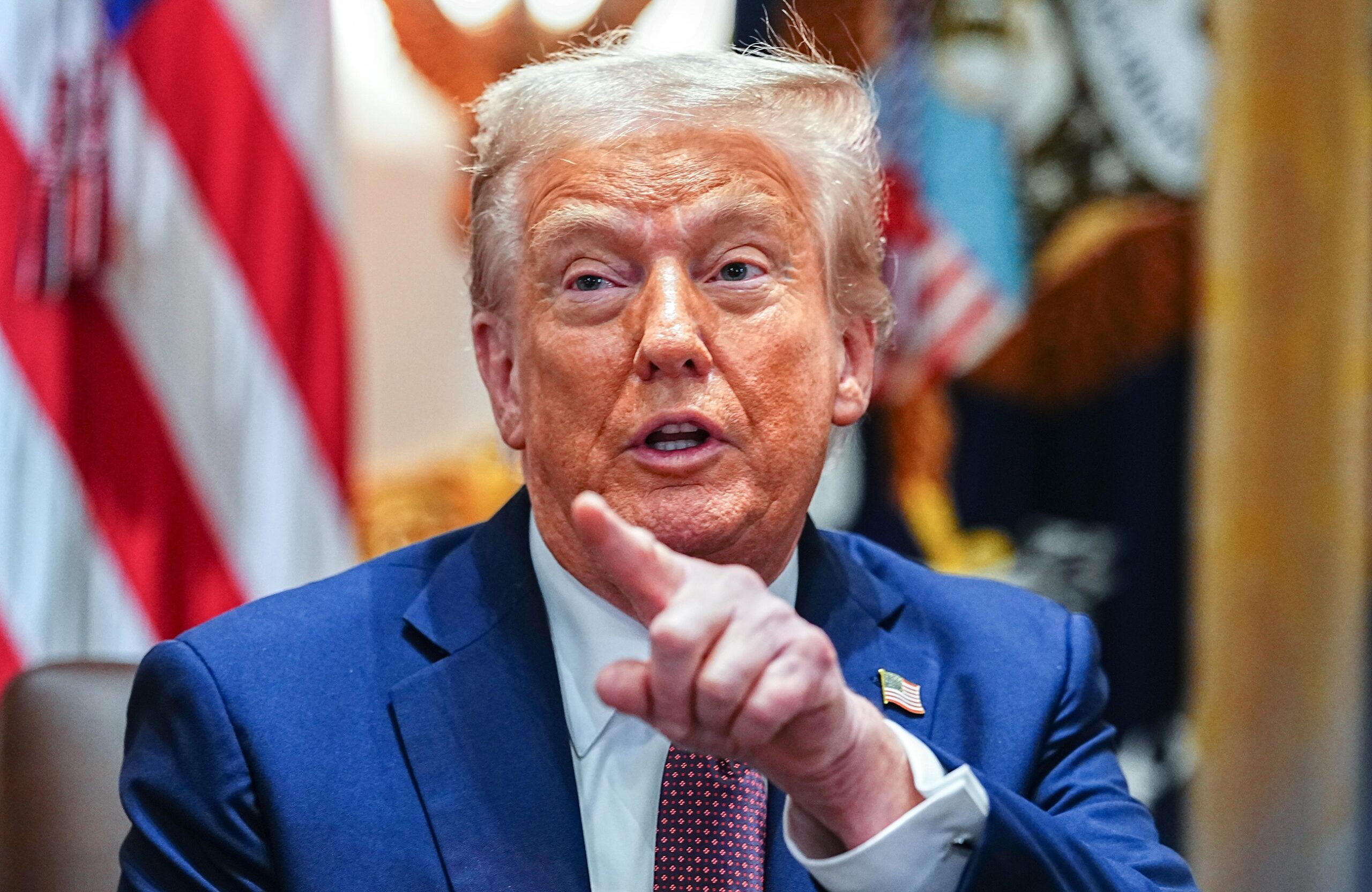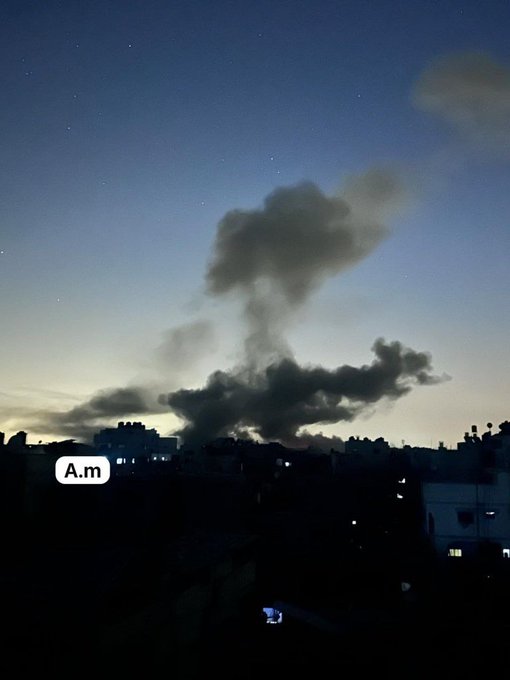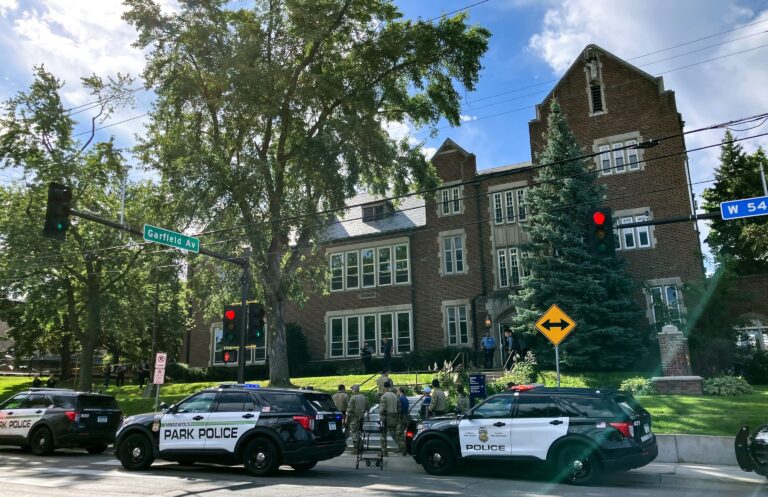
Mandatory Credit: Photo by AARON SCHWARTZ/POOL/EPA/Shutterstock (15457117aa) United States President Donald J Trump answers a reporter's question as he chairs a Cabinet meeting in the Cabinet Room of the White House in Washington, DC, USA, 26 August 2025. US President Trump Chairs a Cabinet Meeting at the White House, Washington, USA - 26 Aug 2025
U.S. President Donald Trump has once again placed law and order at the forefront of his agenda, announcing that he will seek the death penalty for murder cases in Washington, DC. The declaration comes amid rising political debates about crime in the nation’s capital, sentencing laws, and how far the federal government should go in punishing offenders.
Trump’s Statement
Speaking at a press conference on 28 August 2025, Trump said violent crime has “spiraled out of control” in Washington, DC, and pledged to make the death penalty mandatory for murder convictions under his leadership.
“Our nation’s capital should be the safest city in America, not the most dangerous. If you commit murder in Washington, DC, you will face the death penalty. No excuses, no delays,” Trump declared.
The president criticized current city and federal leadership, accusing them of failing to protect residents and visitors.
Context: Crime in Washington, DC
Washington, DC has seen a rise in violent crime over the past few years, with homicides increasing despite various reforms aimed at community policing and sentencing alternatives.
According to recent police data, DC reported over 270 homicides in 2023, one of the highest tallies in two decades. While some crimes, such as carjackings, have slightly declined, concerns about gun violence and gang activity remain high.
Trump seized on these numbers to argue that harsher penalties are the only effective deterrent.
Political Reactions
Trump’s remarks have sparked a wave of political responses. Supporters within the Republican Party praised the tough-on-crime stance, claiming it reflects the frustrations of residents who feel unsafe.
Critics, however, warned that the push for capital punishment in DC could face constitutional challenges, since Washington is not a state and sentencing laws are overseen by Congress. Human rights groups also condemned the statement, arguing that the death penalty has not been proven to reduce violent crime and disproportionately affects minorities.
Democratic leaders in the capital called Trump’s comments “reckless” and “a political stunt,” noting that the city already works with federal prosecutors to secure life sentences for serious offenders.
Legal and Constitutional Questions
Even if Trump were to implement such a policy, legal experts say there would be significant hurdles. The Supreme Court has placed restrictions on mandatory death penalty statutes, and DC itself abolished the death penalty in 1981.
That means any reintroduction would likely require Congressional approval, as well as major legal battles from civil liberties groups.
Broader Implications
Trump’s statement is part of a broader law-and-order strategy that he has consistently emphasized since his first campaign in 2016. By focusing on violent crime in Washington, DC, he is sending a strong message to voters nationwide about his vision for stricter penalties and stronger federal control over crime prevention.
For residents of the capital, however, the announcement adds to an already heated debate about how best to balance public safety, justice reform, and human rights.
What’s Next?
As the Trump administration continues to push its message, lawmakers, legal analysts, and advocacy groups are expected to weigh in heavily. Whether this proposal gains any traction in Congress remains to be seen, but it has already become a major talking point in the national conversation on crime and punishment.






